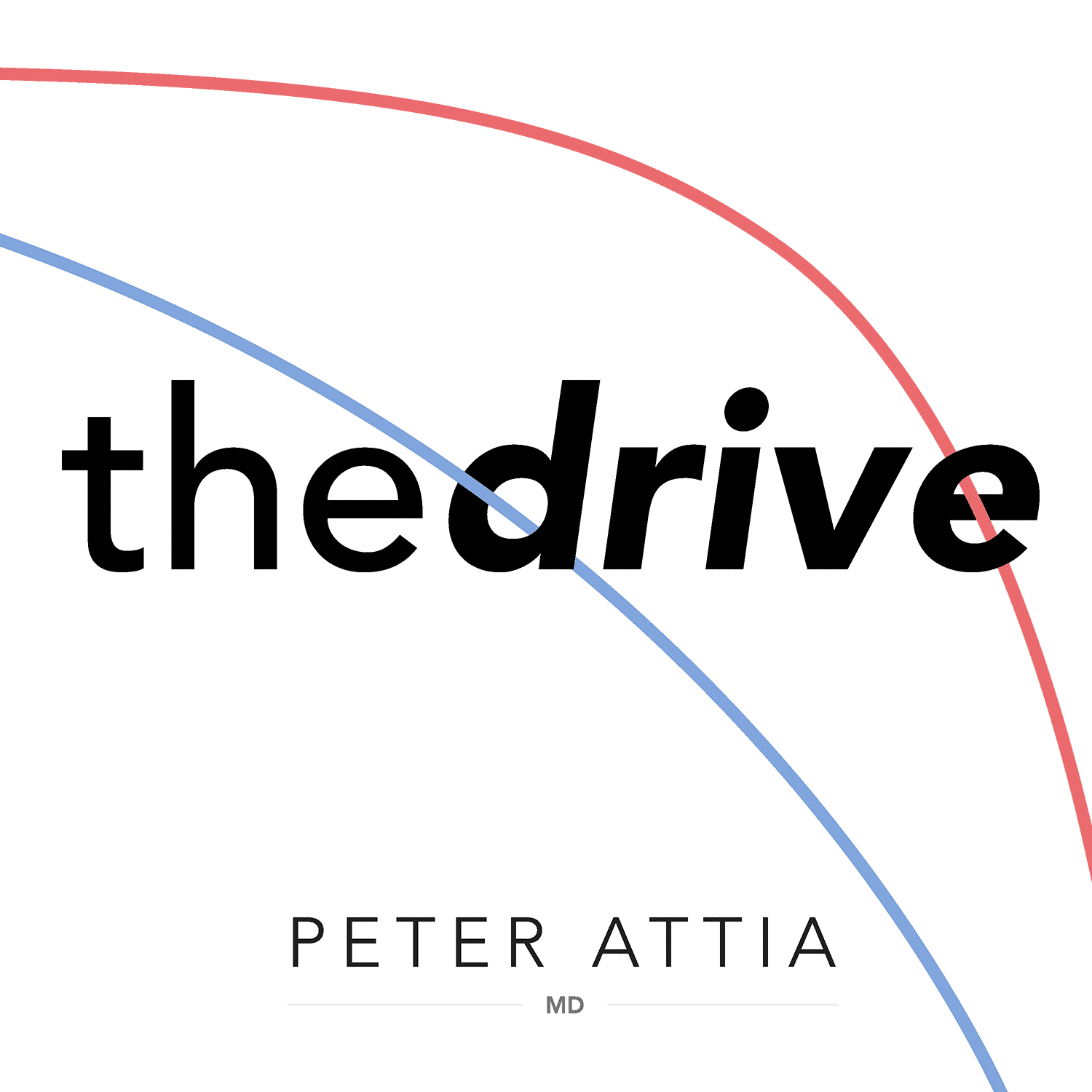We can't find the internet
Attempting to reconnect
Something went wrong!
Hang in there while we get back on track
#187 - Sam Apple: The Warburg Effect—Otto Warburg’s cancer metabolism theory

Access AI content by logging in
Sam Apple is the author of the book Ravenous: Otto Warburg, the Nazis, and the Search for the Cancer-Diet Connection, published in May 2021. In this episode, Sam describes the fascinating life story of Otto Warburg, a Nobel Prize-winning scientist who, despite being both Jewish and gay, survived Nazi Germany because of his valuable research on cellular metabolism and cancer. Sam describes Warburg’s observation that cancer cells consume large amounts of glucose anaerobically – a phenomenon subsequently known as the “Warburg Effect” – and relates how Warburg’s seminal work on this topic was largely forgotten after the discovery of oncogenes, only to regain relevance decades later within the field of cancer biology. Sam sheds light on the current debate around Warburg’s interpretation of the causes of cancer, and Peter gives his personal take on the matter. Finally, Peter and Sam tie it all together with a discussion about cancer prevention, the role of hyperinsulinemia, and the link between dietary sugar and cancer.
We discuss:
- Sam’s interest in Otto Warburg and work as a writer [2:30];
- Otto Warburg’s dedication to science and his complicated life in Germany [14:00];
- Warburg’s interest in cancer and early discoveries about cellular consumption of oxygen [23:00];
- The role models who fueled Warburg’s desire to make a great discovery [34:15];
- How Warburg described the primary and secondary causes of cancer [42:15];
- Warburg’s Nobel Prize in 1931 [45:45];
- Warburg’s life and work during WWII in Nazi Germany [46:30];
- Warburg’s research in hydrogen transfers and coenzymes—his best science? [59:45];
- Warburg’s decision to stay in Germany after WWII [1:03:30];
- Discovery of oncogenes in the 1970s and the decline in interest in Warburg’s ideas [1:07:30];
- The renaissance of Warburg’s ideas on cancer metabolism and a new explanation for the Warburg Effect [1:13:45];
- The argument against the Warburg Effect as a primary cause of cancer and the potential role hyperinsulinemia [1:21:15];
- Identifying primary and secondary causes of cancer for the purpose of prevention [1:27:00];
- The link between sugar, fructose, and cancer [1:35:30];
- Sam’s reflections on the work that went into Ravenous [1:39:45];
- More